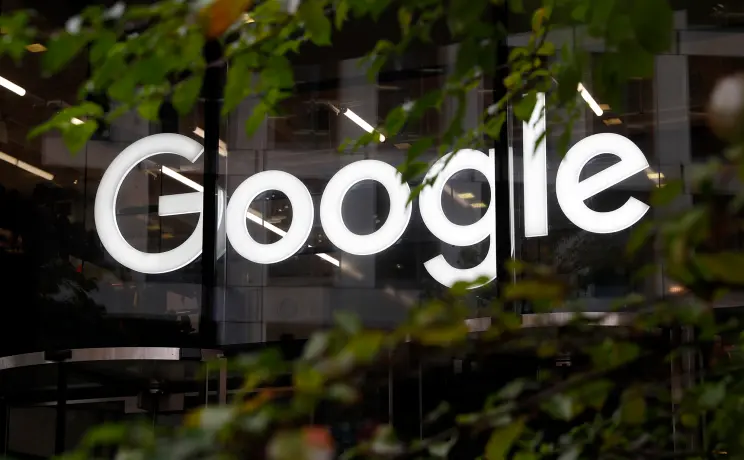People with knowledge of the situation claim that the US Justice Department is planning to sue Google as early as next month, capping years of work to develop a case that the Alphabet Inc. business illegally monopolizes the digital advertising industry.
Three sources familiar with the conversations who asked not to be identified because the conversations are part of an ongoing investigation said that attorneys with the DOJ’s antitrust division are interviewing publishers once again in order to review the facts and gather new information for the complaint.
According to two of the people, some of the interviews have already happened, while others are planned for the upcoming weeks. According to the sources, they build on past interrogations that took place during a previous phase of the protracted investigation.
Following the government’s 2020 lawsuit alleging that the tech titan dominates the online search market in violation of antitrust laws, the DOJ’s ad tech complaint would be the agency’s second case against Google. Bloomberg had previously reported that an ad tech complaint was in the works last year.
The Justice Department declined to comment.
“Our advertising technologies help websites and apps fund their content, and enable small businesses to reach customers around the world,” said Google spokesperson Peter Schottenfels. “The enormous competition in online advertising has made online ads more relevant, reduced ad tech fees, and expanded options for publishers and advertisers.”
After over a decade in which authorities did little to nothing, the federal government is now making an effort to control the biggest US technology platforms, as evidenced by the DOJ’s investigation into the ad tech industry. The Federal Trade Commission is looking into Amazon.com Inc.’s control of online retail and has sued Meta Platforms Inc. to get it to sell off Instagram and WhatsApp.
The Justice Department is also looking into Apple Inc. because of its strict control over the App Store. These investigations are challenging and take years to plan and complete as they move from inquiry through litigation and appeals. Since the Trump administration, Google’s digital advertising practices have been under federal scrutiny. Instead, the Mountain View, California-based corporation was sued by then-Attorney General William Barr for its search operations. He claimed that the company had utilized exclusive distribution agreements with cellphone carriers and phone manufacturers to stifle competition.
Attorneys general from 16 states and Puerto Rico also filed lawsuits against Google in December 2020, alleging that the company had monopolized the internet digital advertising market. The lawsuit claims Google and Meta entered into an illegal agreement to rig online auctions used by advertisers and website publishers to acquire and sell advertising space. Although regulators in the UK and Europe have begun an investigation into both firms over the arrangement, known as Jedi Blue, Meta is not charged with any wrongdoing in the complaint brought by the US.
Google has requested a federal judge to reject the states’ complaint because it disputes the claims. Later this month, there will be a hearing on that request.
The market for online display ads, which support news, sports, and entertainment websites, is dominated by the search engine behemoth. The business is the owner of tools that let websites sell advertisements, tools that help advertisers buy space, and the most popular platform for online ad auctions.
According to eMarketer, Google accounted for around 28.6% of the $211.2 billion in digital ad spending in the United States last year, followed by Facebook with 23.8% and Amazon with 11.6%.











